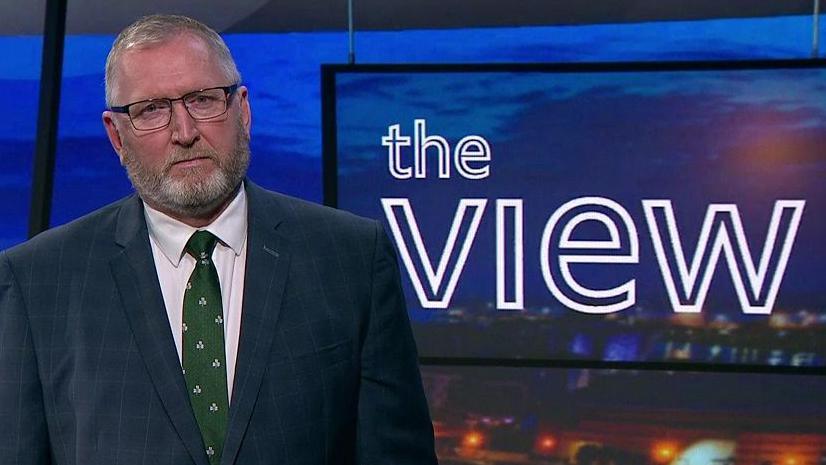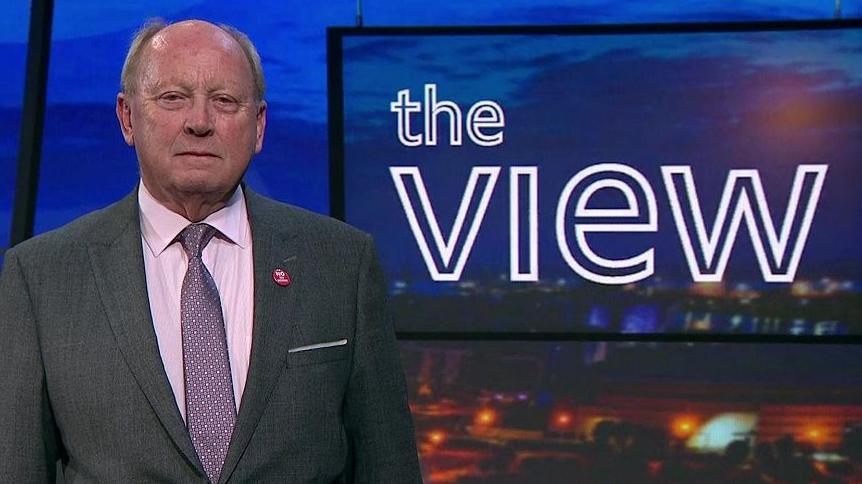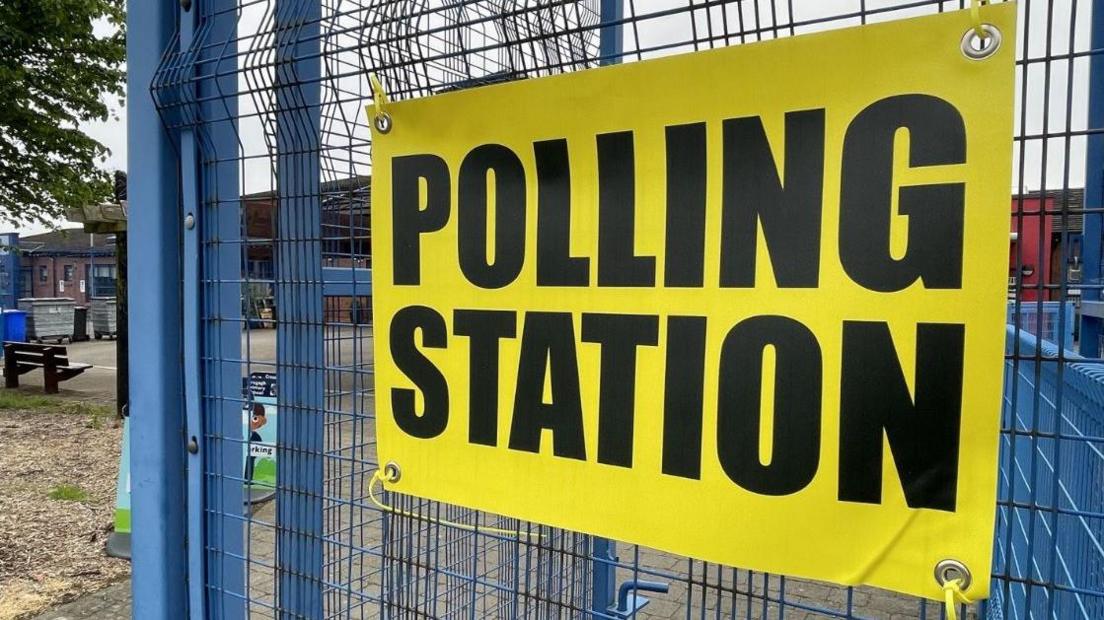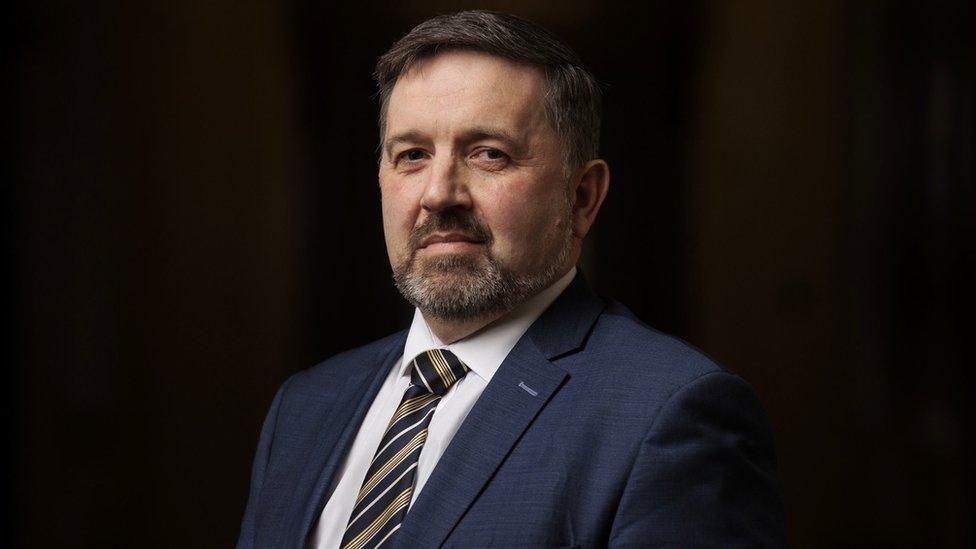Doug Beattie denies unionist pact for election

The UUP's Doug Beattie was speaking on BBC NI's The View on Thursday
- Published
The Ulster Unionist Party (UUP) leader Doug Beattie has denied making a pact with the Democratic Unionist Party (DUP) over candidates in next month’s General Election.
The UUP has decided against running a candidate in Belfast North, where the DUP is trying to regain the seat it lost in 2019.
In the Fermanagh and South Tyrone constituency the DUP is not running, while the UUP is attempting to win back the seat it lost in 2017.
On BBC NI’s The View programme Mr Beattie rejected the suggestion that a deal had been done between the two unionist parties.
'Our decision'
He said: “People will say that and I will be equally robust to say that nobody has asked us to stand aside at any stage whatsoever. We’ve offered nobody anything. Nobody has offered us anything in regard to any form of a pact.
“This is our decision based on what’s best for the country, the people and the party.”
Explaining the decision not to stand in Belfast North, he said his party no longer had a UUP association in the constituency.
He said that “resources are scarce, people are scarce” and instead the party would focus on the neighbouring South Antrim seat.
The party’s former Health Minister Robin Swann gave up the role to fight the election.
South Antrim is one of four seats which Mr Beattie believes his party has a chance of winning.
The others are Fermanagh-South Tyrone, North Down and Lagan Valley.
North Belfast used to be an Ulster Unionist stronghold. The late Cecil Walker was MP in the constituency for almost two decades in the 1980s and 1990s.
A final list of candidates in the 4 July poll will be published on Friday.

TUV leader Jim Allister, whose party is fielding candidates in 14 constituencies
The UUP will be running in 17 seats in the election.
The TUV will be contesting 14 constituencies, in partnership with the UK Reform Party.
The link was announced in March at the TUV annual conference.
Speaking on The View, the TUV leader Jim Allister said his party’s decision to stand in 14 constituencies was about “maximising the unionist vote” overall.
He said: “The totality of the unionist vote at the end of this election will be an important calculation and if the TUV was not in this field, then the overall unionist vote would be down by tens of thousands, and that would be disastrous in terms of the ongoing debate about whether or not there should be a border poll.”
The party did not run any candidates in the 2019 general election.
'Irish Sea border'
Last week TUV/Reform UK said it would only stand aside in one DUP-held seat, Upper Bann.
Mr Allister said voters opposed to the DUP’s approach to the Irish Sea trade border should be given an opportunity to record their verdict.
The TUV leader has been critical of the deal which saw the DUP return to power-sharing at Stormont four months ago.
The TUV's vote share increased in the last Stormont election in 2022 but it did not result in additional seats, with Mr Allister again returned as the party's only assembly member.
Earlier this week, Nigel Farage announced he will stand in the general election for Reform UK and is taking over as the party's leader.
- Published24 May 2024

- Published21 April 2024
